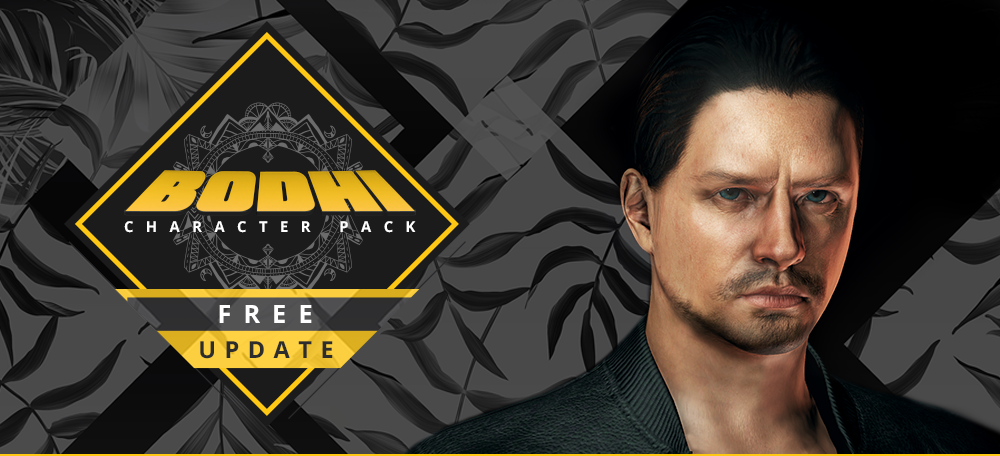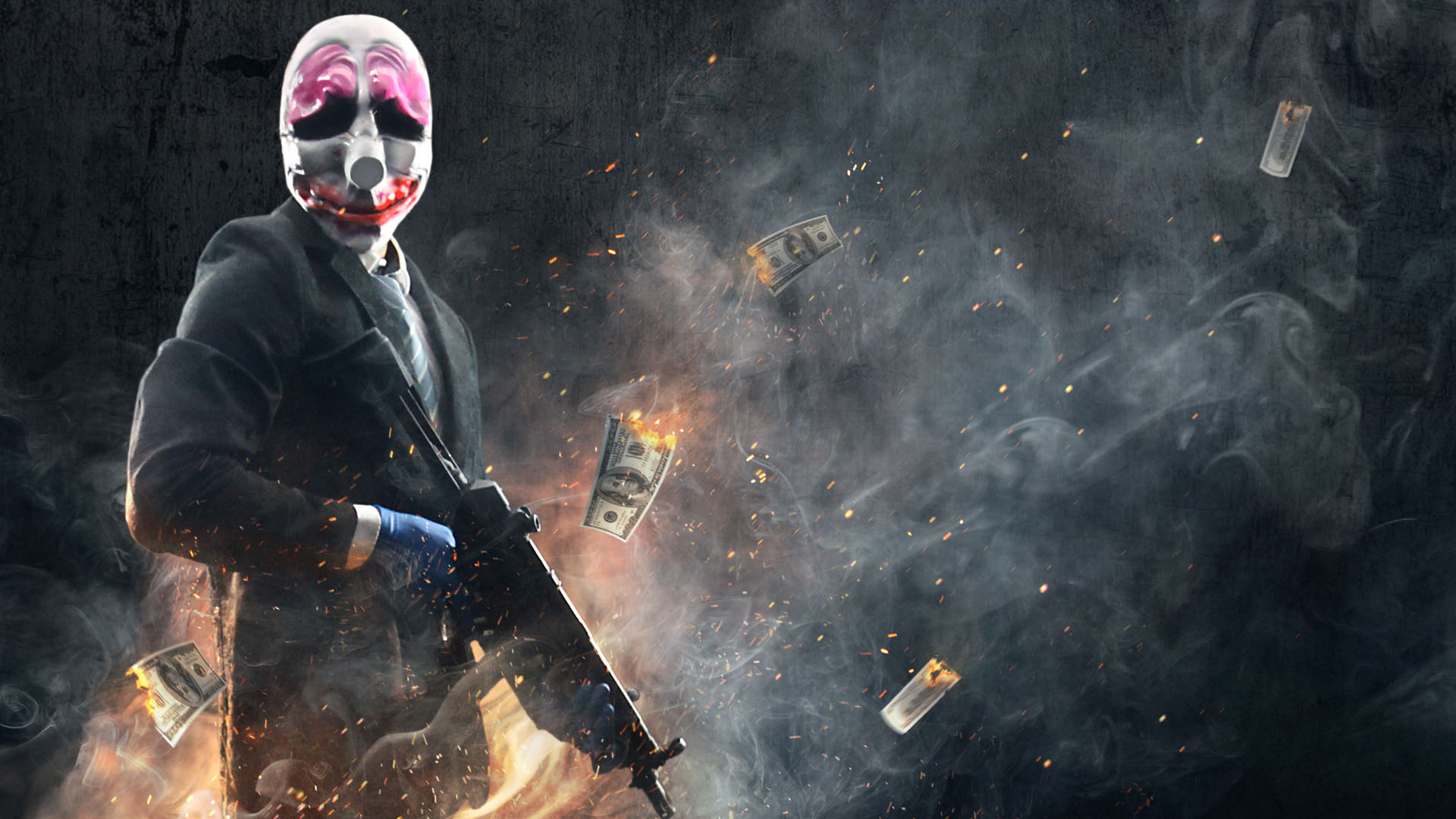
Overkill is now working to try and repair the damage that’s been done. Part of that work is to communicate better with the community as a whole. “We haven't been good enough at communicating. Actually, we've been poor at it; and that's where we need to get better,” Almir explained. “I sincerely believe that if we manage to explain to people the reasoning behind the decisions we've had to do, better in the future, more people would be inclined to say 'hey, you know, what, I agree with that’... We've never been in this situation before where we've had this difficulty communicating with our player base. In the past we've been able to make decisions and we've explained why we make them and they've agreed. But here we've lost the explaining part… So that's why, for example, we're introducing eight more people into the community forums from the development team that will start talking and making sure that we're there and we're listening.”
In addition to that, Overkill is starting to show and explain how the microtransactions, in their view, help make the game better for everyone, regardless if you participate in them or not. The latest paid DLC includes two new heists (instead of the usual one), along with new masks, a new gun, and a new contact. Separate from that, a new character, Bodhi, was released for free to the community. Not everyone has greeted all of this with open arms, but that’s not too much of a surprise to the developer at this point.
While those steps are a move in the right direction for some, it’s likely not enough for many of the long-time players or those who felt burned by the Completely Overkill Pack. Overkill wants to make amends there as well, but they know it might not be possible. “So what we're looking into now is what is the best way to give those [players who purchased the Completely Overkill Pack] something extra in order to make the situation better,” I was told. “Some of them we might not ever be able to win over, and that's fine. We respect that. We made our decision and they've made theirs and we can only try to treat them with as much respect as we possibly can while at the same time learning how to not do campaigns in the future.”

When I first started looking into everything that’s happened over the past year with Overkill, the one question that nagged at me was why did they introduce the system in the way that they did. Almir told me that “it's the thing where you never think it's going to happen to yourself, you know? We thought, and I've said this before, it was a great idea to release it the way we did. How can people not love this? We were super positive about it, and so was 505 [Games]. We viewed it as something that would only add value to Payday 2 since it's a player-vs-environment game, there's no pay-to-win concept, we already have DLCs where you purchase weapons that affect the gameplay and so on… so we couldn't have anticipated the backlash we saw when we release it. In hindsight, it's definitely easier for us to do that and a lesson for us for the future.” While the trap of “that could never happen to me” is an easy one in which to get caught, and hindsight is 20/20, it’s still incredible that there doesn’t appear to be more “lessons learned” within the games development community; particularly when it comes to a topic like how to finance new content and support for a title after its release.
Procuring revenue for a title post-launch to ensure its continued support is tricky and it’s a problem that’s really only arisen within the past 10 years as the ability to hop online and game with friends has become easier than ever. DLC was the first method that we saw and this, in many ways, lead naturally to the rise of microtransactions. Both are still facing challenges finding acceptance within the gaming community as a whole, though much of that community has come around to the notion that the games they love cannot go on after release without some form of payment to the developer. However, the important piece in all of this is how they are asked to do so.
I’ve stressed Overkill’s lack of communication throughout, which they themselves recognize, but there’s a deeper underlying thread to all of this: a lack of respect. In talking with Almir, it does not appear this is anything malicious from the developer. He recognized that they had taken missteps and that they “need to make sure the community is a part of the future of Payday 2 and not just a passenger.” But it is possible to communicate without showing the other party respect (examples of this are more than prevalent across the Internet). So, more than asking for financial support from their community, more than a lack of communication, and more than implementing microtransactions in their game, the biggest mistake Overkill made was not respecting their community. It's not the first time a developer has made this mistake, nor will it likely be the last, but hopefully it will be a "lesson learned" for all.
Co-Optimus would like to thank Almir for his time spent with us answering our questions and providing his viewpoint. We would also like to thank the members of the PAYDAY 2 community for their own thoughts/views on this matter.